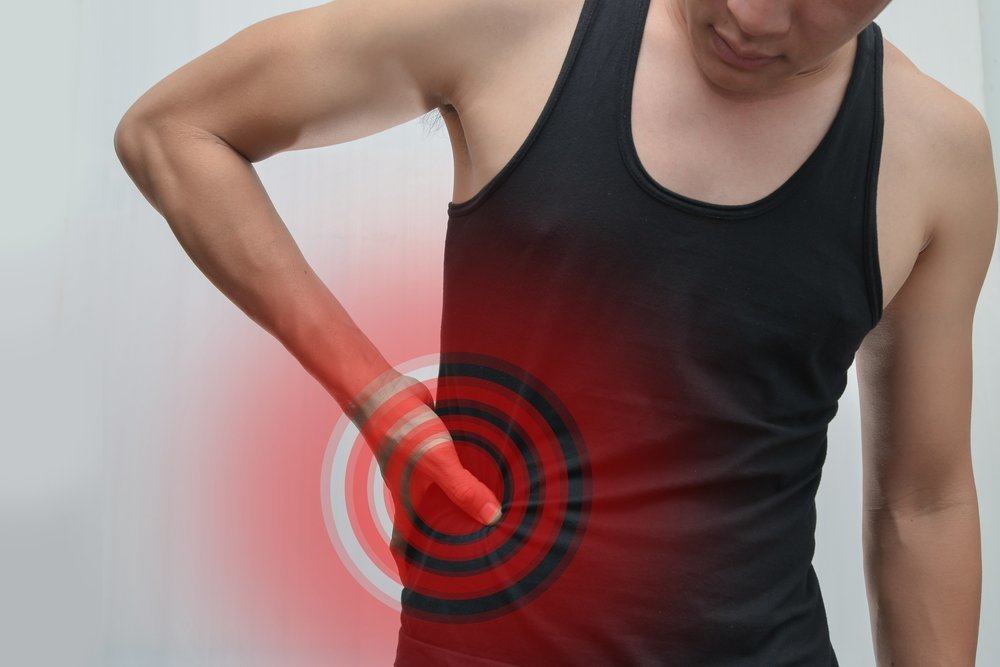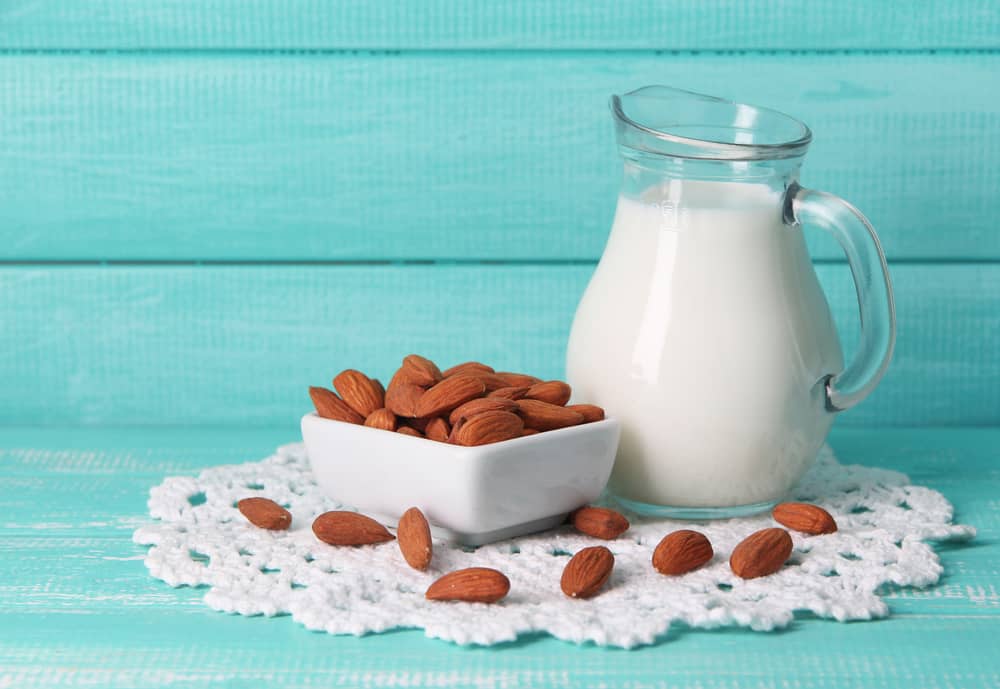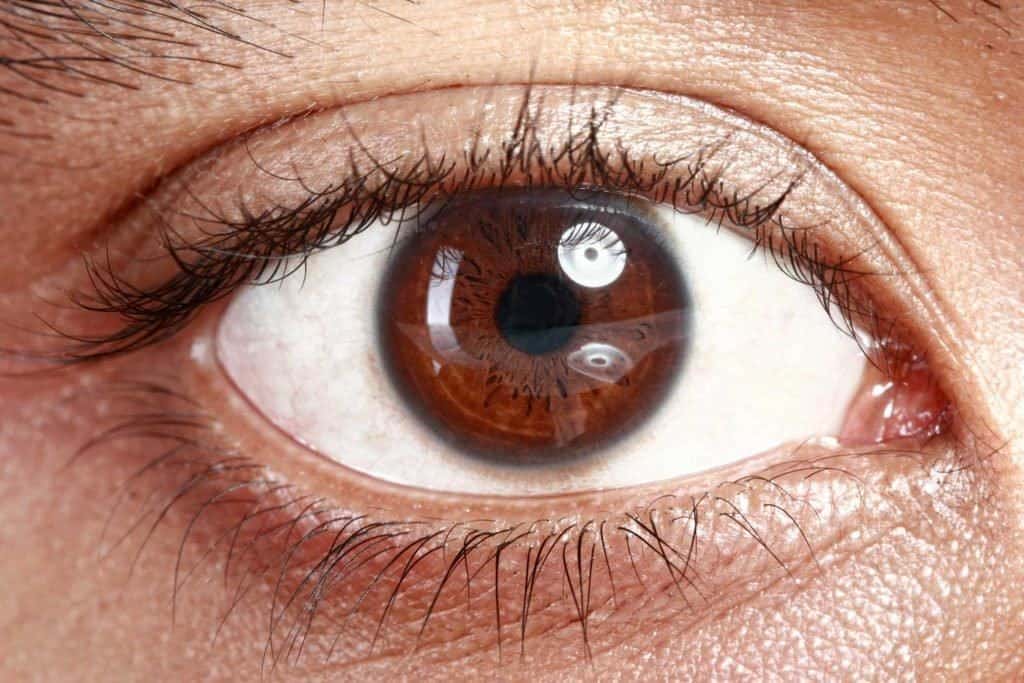Contents:
- Medical Video: Alcohol and the Liver
- What is nonalcoholic fatty liver (non-alcoholic fatty liver)?
- What are the types of nonalcoholic fatty liver?
- What are the causes of nonalcoholic fatty liver?
- Who is at risk for nonalcoholic fatty liver?
- What are the symptoms of nonalcoholic fatty liver?
- What complications might occur?
- How to diagnose nonalcoholic fatty liver?
- How to treat nonalcoholic fatty liver?
- How can I control my condition if I have nonalcoholic fatty liver?
Medical Video: Alcohol and the Liver
Fat is a source of energy for your body. But too much fat can cause more than just gaining weight. This can cause fatty liver.
What is nonalcoholic fatty liver (non-alcoholic fatty liver)?
The liver is an organ on the right side of your stomach. The role of the liver includes removing toxins from your body, producing proteins, and producing bile that is needed for digestion. Normal weight is 1.44 to 1.66 kg.
Usually, it's okay to have fat in the liver, but too much fat in the liver is called fatty liver. There are two types of fatty liver: nonalcoholic fatty liver /nonalcoholic fatty liver (NAFLD) and alcoholic hearts /alcoholic liver disease (ALD).
Nonalcoholic fatty liver (NAFLD) is when fat builds up in the liver reaching more than 5-10% of the liver weight even when you don't drink alcohol. This is a common disease, and in mild cases it may not cause any signs or symptoms or complications at all. However, in more severe cases, it can cause inflammation and damage to the tissue.
Nonalcoholic fatty liver is usually a chronic condition. Nonalcoholic fatty liver is more common today where cases of obesity and being overweight are now more common in the world.
What are the types of nonalcoholic fatty liver?
As mentioned earlier, there are four types of nonalcoholic fatty liver, from harmless to life-threatening ones. Including:
- Nonalcoholic fatty liver (NAFLD). This type is the most serious. There is fat accumulating in your heart, but it won't hurt you. It is quite common to have a type of nonalcoholic fatty liver at this time.
- Nonalcoholic steatohepatitis (NASH). In this type, accumulated fat can cause inflammation of the liver. Thus, it damages parts of the liver, which cause injury and reduce liver function.
- Nonalcoholic fatty liver related to cirrhosis. This inflammation of the liver causes severe tissue injury and liver failure (the liver cannot function anymore).
What are the causes of nonalcoholic fatty liver?
There is no obvious cause for nonalcoholic fatty liver. Some doctors think the cause is:
- Viral hepatitis: Some studies show that too many viruses or bacteria in your small intestine and other changes in the intestine may be related to nonalcoholic fatty liver disease.
- Insulin resistance: Insulin resistance refers to a condition in which the body does not respond adequately to insulin.
- Drugs and poisons: Some drugs used to treat medical conditions have been linked to NASH, including amiodarone (brand name: Corderone, Pacerone), tamoxifen (brand name: Nolvadex, Tamone), maleic perhexiline (brand name: Pexhid), steroids (for example , prednisone, hydrocortisone), synthetic estrogen and toxic pesticides.
- Weight loss: Rapid weight loss can contribute to liver fat.
- Diet: Poor diet.
- Pregnancy: This is rare, but fat can accumulate in your heart when you are pregnant. This can be very dangerous for you and your child.
Nonalcoholic fats can occur with other liver diseases and often make liver damage worse. Conditions that are often associated with nonalcoholic fatty liver are:
- Obesity: About 70% of people with nonalcoholic fatty liver are obese.
- Diabetes: Up to 75% of people with nonalcoholic fatty liver have type 2 diabetes.
- Hyperlipidemia: About 20 to 80% of people with nonalcoholic fatty liver have hyperlipidemia (high blood triglyceride levels and / or high blood cholesterol levels).
Who is at risk for nonalcoholic fatty liver?
You are at a high risk of nonalcoholic fatty liver if you:
- Obesity or excess weight, especially around your waist
- Have type 2 diabetes
- Have high blood pressure
- Have high cholesterol
- Have high triglycerides
- Aged above 50
- Smoke.
However, nonalcoholic fatty liver has been diagnosed in people without these risk factors, including children.
What are the symptoms of nonalcoholic fatty liver?
Nonalcoholic fatty liver is a silent disease and often has no symptoms. When symptoms occur, symptoms may include:
- Enlargement of the heart
- Fatigue
- Limp
- Weight loss
- Loss of appetite
- Stomach ache
- Nausea and vomiting
- Blood vessels like spiders
- Yellowing of the skin and eyes (jaundice)
- Itching, fluid buildup and swelling of the legs (edema) and abdomen (ascites)
- Mental confusion.
Acute fatty liver is a rare and life threatening complication of pregnancy. You can see signs and symptoms at the beginning of the third trimester. Including:
- Persistent nausea and vomiting
- Pain in the upper right abdomen
- Jaundice
- General malaise.
What complications might occur?
Most people will not realize that they have nonalcoholic fatty liver. Without management, the condition can worsen and cause serious liver damage.
The main complications of nonalcoholic fatty liver are:
- Fibrosis: inflammation causes sores around the liver and blood vessels nearby, but the liver is still able to function normally.
- Cirrhosis: the most severe stage, in which the liver shrinks and becomes a scar; this damage is permanent and can cause liver failure (the liver where you stop working properly) and liver cancer.
It took years for fibrosis or cirrhosis to develop. It is important to make lifestyle changes to prevent the disease from getting worse.
How to diagnose nonalcoholic fatty liver?
Nonalcoholic fatty liver is most often found during your routine checkup. The first sign is often seen on imaging tests. Your doctor may need other tests to check if you have other liver conditions that can occur with nonalcoholic fatty liver. Other ways that doctors do might be:
- Blood tests are used to check for hepatitis viruses (hepatitis A, B, or C).
- Liver function tests to measure liver function and levels of substances produced or metabolized by the liver.
Your doctor may request additional tests to confirm the presence of nonalcoholic liver fat, but sometimes a liver biopsy is needed to confirm. For a liver biopsy, a needle is inserted through the skin to lift a small piece of liver.
How to treat nonalcoholic fatty liver?
There is no specific treatment for nonalcoholic liver fat. Instead, doctors usually work to treat risk factors that contribute to your liver disease. Some new drugs are being tested in patients with nonalcoholic fatty liver but none have proven useful in a number of long-term studies. However, you can improve your condition by managing your diabetes.
How can I control my condition if I have nonalcoholic fatty liver?
Most people with nonalcoholic fatty liver will not have serious complications if found early. If you are diagnosed with this condition, there are a number of things you can do to not make your condition worse:
Weight loss is the first step of management. Losing weight can help reduce liver enzyme levels, insulin, and can improve quality of life. You don't have to lose weight too fast (no more than 1.6 kg per week) because losing weight quickly can worsen your liver damage. You can ask your doctor for the best weight loss plan.
Even if you don't have nonalcoholic fatty liver, you still need to avoid alcohol. Some dishes may be cooked with alcohol or some drugs (cough medicines) have alcohol in them.
Finally, you must have a balanced and healthy diet and regular exercise. You might need to limit some of the foods you eat. Learn about nutrition to heal the liver.












